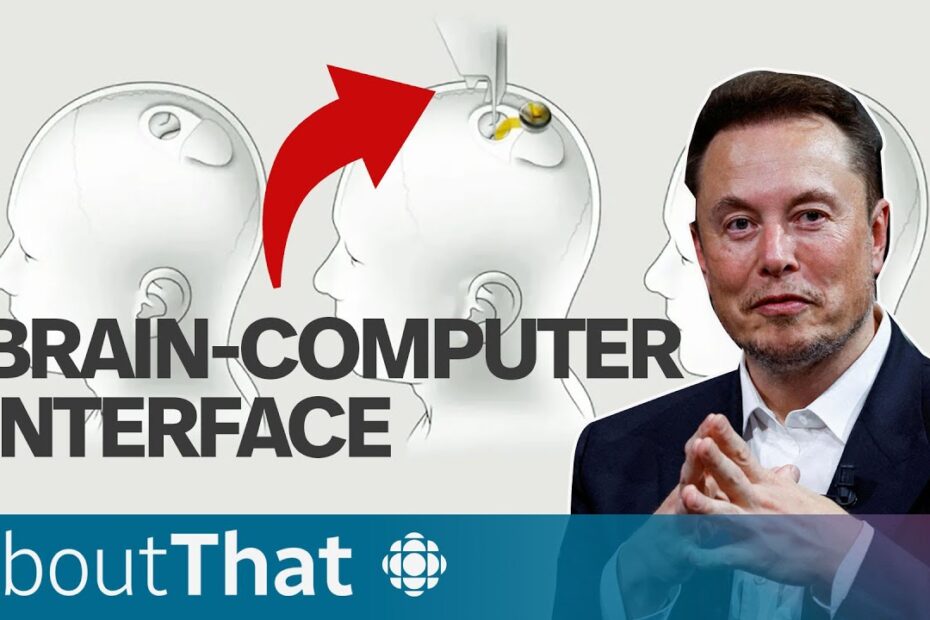Neuralink Brain Implants: What Are the Hidden Ethical Dangers and Safety Risks?
When Your Brain’s Beta Test Goes Sideways
So, you’ve decided to let a company named after neurons and links drill into your skull. Brave! Neuralink’s brain implants promise to turn humans into Wi-Fi-enabled cyborgs, but let’s address the elephant in the operating room: *what happens when your brain becomes a subscription service?* Imagine waking up to a pop-up ad in your visual cortex for “premium thought upgrades” or your hippocampus suddenly buffering during a family dinner. The ethical minefield here isn’t just hidden—it’s tap-dancing in neon leg warmers. Who owns your neural data? Can your boss legally subpoena your daydreams about quitting? And what if the “Terms and Conditions” you mentally clicked *actually* included selling your memories of third-grade ballet recitals to a data broker?
Safety Risks: Because Brain Surgery Isn’t a Casual Brunch Plan
Let’s talk about safety. The procedure involves robots stitching electrodes into your brain like a grandma knitting a sweater—except grandma’s sweaters don’t risk leaking cerebral fluid or accidentally turning you into a walking Etch A Sketch. Early trials reported issues like “unexpected electrode movement” (translation: your implant might decide to go sightseeing in your frontal lobe). And don’t forget the *long-term* risks:
- Software updates gone wrong: “Your personality will restart in 3…2…”
- Immune system vs. cyborg parts: Who wins in a fight between your white blood cells and a brain chip? Spoiler: No one.
- The “Oops, All Hacks!” era: Hackers could turn your motor cortex into a TikTok dance generator. Or worse—make you binge-watch *Selling Sunset* against your will.
The Dystopian BOGO Deal: Ethics & Inequality
Neuralink’s biggest ethical danger isn’t just the tech—it’s the BOGO deal on dystopia we didn’t ask for. If brain implants become the new iPhone, prepare for “neuroprivilege” to enter the chat. Can’t afford the latest “Cognition+ OS”? Enjoy ads in your dreams, peasant. Meanwhile, the rich get to telepathically order lattes while you’re stuck manually typing passwords like a medieval scribe. And let’s not ignore the *consent* conundrum. Sure, you agreed to the implant, but did your neurons? What if your amygdala starts unionizing against the microchip boss? Spoiler: Your anxiety might have a point.
Who’s Driving the Brain Bus?
Finally, there’s the philosophical nightmare of autonomy. If a glitchy algorithm overrides your decision to eat salad and forces you to mainline Cheetos, who’s liable? You? The robot that installed the chip? Or the Cheetos lobby? Worse: What if your implant “optimizes” your emotions, turning you into a blissed-out productivity husk with the critical thinking of a stapler? The line between “human” and “appliance” gets blurrier than a brain after a 2 a.m. “software patch.” Remember, kids: Once you outsourced your free will to a gadget, you’re just a meat-based USB port for robot overlords. *You’ve been warned.*
Why Neuralink’s Human Trials Raise Alarms: Privacy Concerns and Potential Health Consequences
Your Brain: Now With Free Subscription to “Data Breach Weekly”
Let’s face it: If your toaster can spy on you, a brain chip probably will too. Neuralink’s promise of melding minds with machines sounds cool until you realize your inner monologue could get hacked like a Netflix password. Imagine a world where advertisers know you’ve secretly daydreamed about buying a giraffe-shaped hot tub—*before you do*. Privacy experts are sweating harder than a snowman in a sauna, wondering: Will brain data end up sold to third parties, leaked in a “Whoopsie-Daisy” server crash, or subpoenaed because you *thought* about jaywalking in 2042?
Health Risks: When “Turn It Off and On Again” Involves Brain Surgery
Neuralink’s trials involve drilling holes into skulls, which already sounds like a plot twist from a B-movie horror flick. But beyond the initial “yikes,” there’s the lingering question: What happens when tech meets biology’s refusal to read the manual? Potential hiccups include:
- Your immune system treating the chip like an uninvited raccoon at a picnic (rejection, inflammation, chaos).
- Software updates causing your left eye to blink in Morse code.
- Forgetting your “brain password” and getting locked out of your own memories. (“Did I leave the stove on… or was that a glitch?”)
Long-term effects? Scientists shrug emoji. It’s the ultimate “we’ll figure it out later” vibe—like adopting a pet octopus without checking if it’s venomous.
The “Oops, All Side Effects” Buffet
Even if the chip works flawlessly, there’s the small matter of your brain becoming a Bluetooth device. Hackers could theoretically hijack your motor functions, turning you into a meat puppet forced to binge-watch reality TV against your will. Or worse—imagine a pop-up ad interrupting your Zen meditation. The health consequences range from “mild headache” to “permanently craving kale smoothies because the chip misread a meme.” Either way, it’s a bold new frontier in human experimentation—one where the terms and conditions are written in 4pt font and require a microscope to read. Proceed with caution (and maybe a tinfoil hat backup plan).
